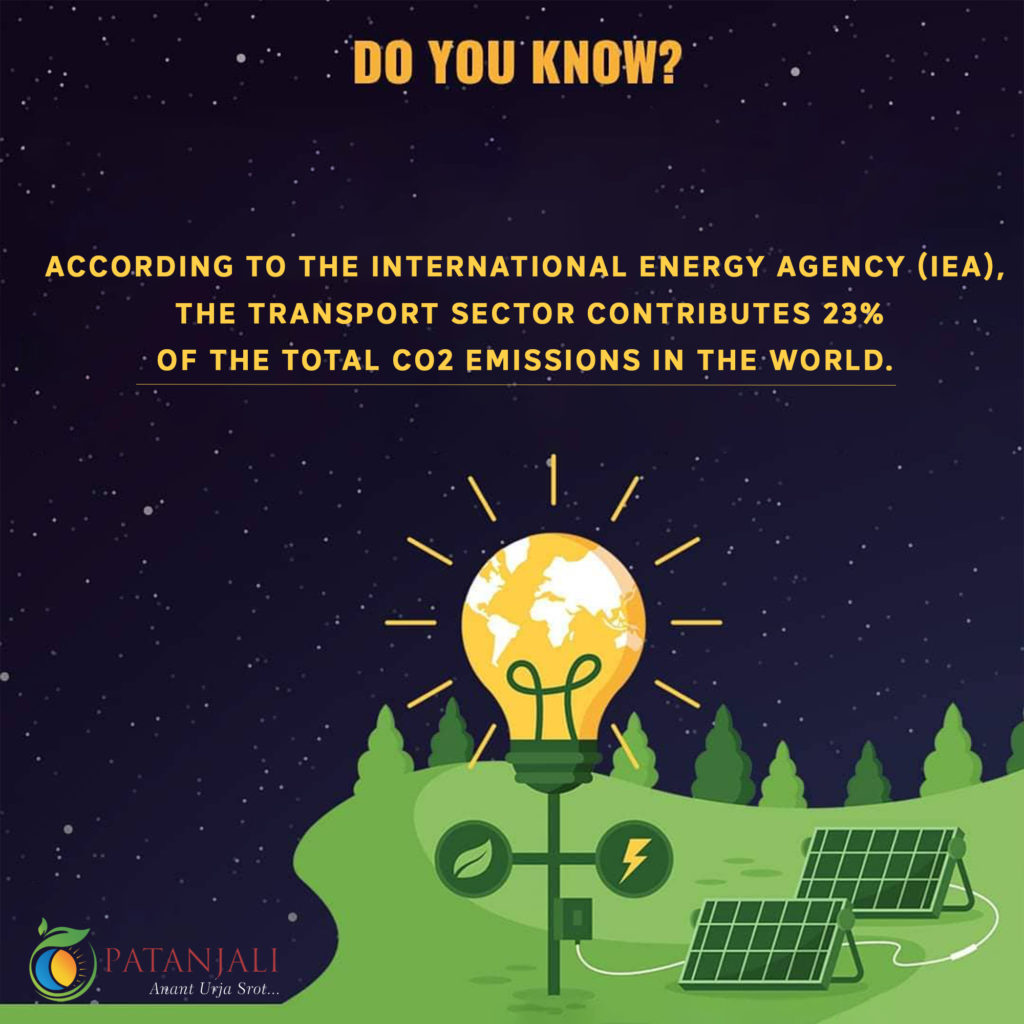The global pandemic caused by the spread of Wuhan-originated coronavirus or Covid-19 has brought the world to a standstill. The virus has locked mankind up in their homes and massively affected each component of demand – consumption, expenditure, exports. Businesses across domains have met tragic ends or are on the verge of collapsing.
While we are aware of the economic adversities that the pandemic has instilled upon the world with the global economy shutting down, there’s little that we know of the environmental implications of the virus. Even though you might think that the virus situation is helping the earth heal with the dolphins coming back, AQI improving, the ozone layer repairing itself, this is just the surface of a deep pit that we’re about to unravel.
Carbon emissions will bounce back up:
Researchers are arguing whether the impact of coronavirus will have a lasting impact or if it is just a fleeting relief for the environment. The restrictions on transport is one of the key reasons why we’re observing low carbon emissions.


With the current situation where citizens are quarantined at home, air travel has been stopped, driving and aviation, two major contributors to transport related greenhouse gas emissions have taken a dip. But when the restrictions imposed due to the pandemic are lifted, what would happen then? Those who argue that the coronavirus impact on the environment would be fleeting, advocate that once people are given the option to travel again, they might choose to travel more. Frequent flyers and those who have postponed their trips to later could bring back the emissions as the world returns to their old habits. Unless there is a shift in the way people approach sustainable travel due to the pandemic, it is difficult to see that the environment will stay protected for long.
However, the rebound to depleting environmental conditions can be slowed down if we focus our efforts to revive the economy based on sectors such as clean energy or renewable energy.
When consumption begins to pick up, if industries and households use renewable and green energy such as solar energy Instead of using conventional forms of electricity, we can reduce the levels of carbon emissions bouncing back and help sustain the positive effects of these strenuous times.
Natural resources are under a threat:
Another adverse effect of the coronavirus pandemic on our environment is on the natural resources. Due to the socio-economic implications of the lockdown situation, small businesses that rely on natural resources for their local trade may be forced off the sustainable path in order to generate income quickly.
If the crisis is prolonged, it will result in over-exploitation of natural resources and ecosystems with businesses trying to increase production. However, solar energy can aid the production in all areas including small villages, towns and help the businesses with a cheaper and greener form of electric power. This cost-effective energy solution can decrease the overall utility costs of the business, increase productivity while at the same time, protect the environment from carbon emissions and overuse of fossil fuels.
Where the coronavirus pandemic leaves us is quite uncertain but previous historic trends have shown that as the world gets back on its feet and humans go back to their old habits, the rebounds will be inevitable. However, if we stay prepared and take collective action as a community to move towards renewable energy, it is the only weapon we will need in the long battle with the pandemic.


